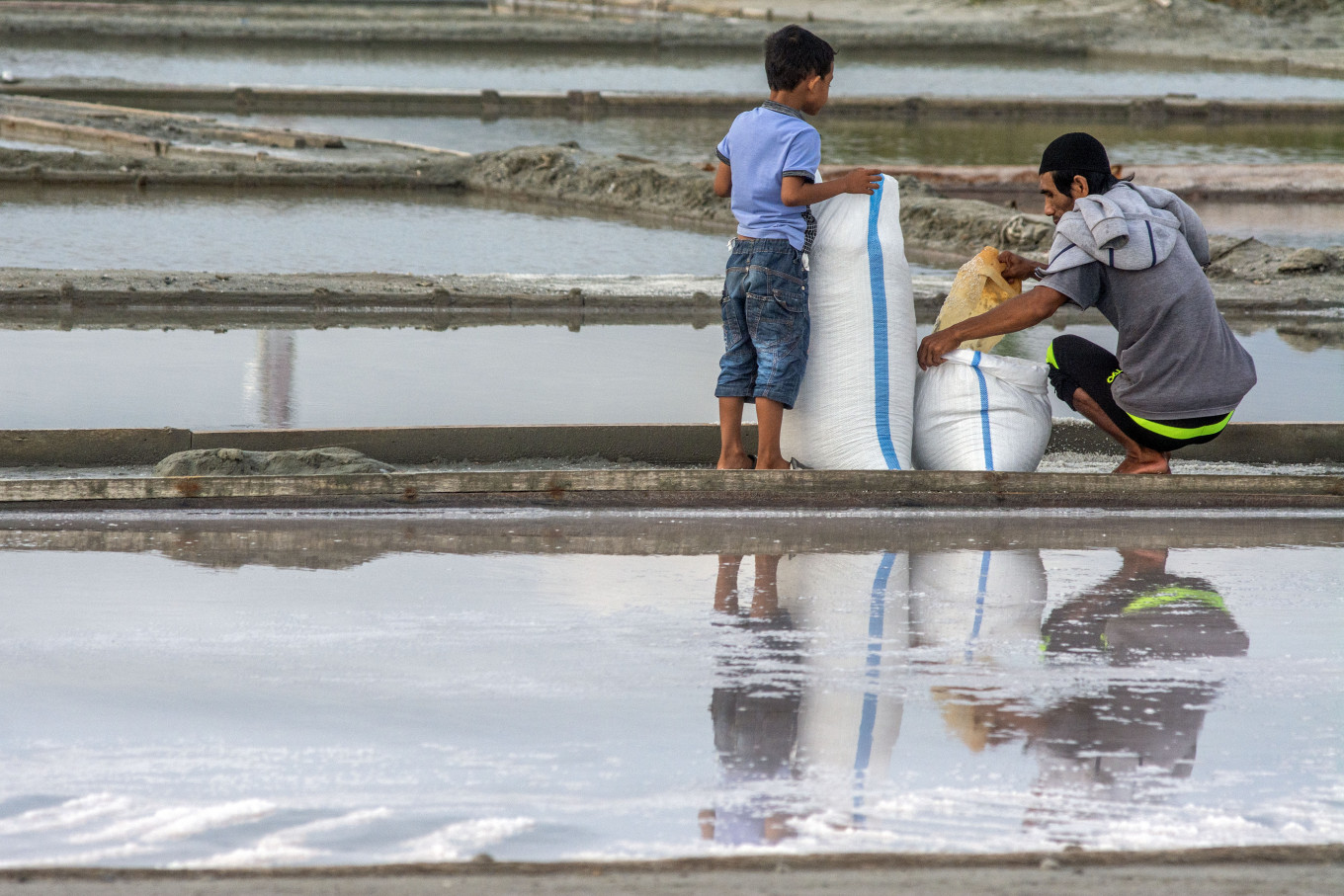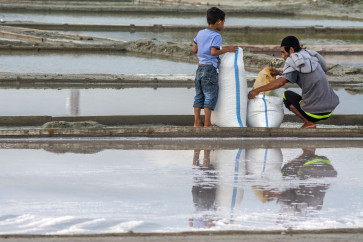Popular Reads
Top Results
Can't find what you're looking for?
View all search resultsPopular Reads
Top Results
Can't find what you're looking for?
View all search resultsThe new wave of agricultural extension and farmers' agency
In view of the digital transformation in agriculture and the increasing complexities of farming today, Indonesia needs to embrace a systems thinking approach to empower farmers by recognizing and growing their agency.
Change text size
Gift Premium Articles
to Anyone
T
he challenges and complexities of Indonesia’s food system, which is affected by unfavorable environmental conditions, climate change and price volatility, have hindered the country from achieving food security for its 270 million people. This has again raised the issue of the role of agricultural extension in disseminating technology to farmers.
Conventional agricultural extension has traditionally focused on linear knowledge transfer. Knowledge transfer uses a top-down approach, which implies vertical communication between extension workers and farmers, assuming extension workers as experts and farmers as trainees in a passive learning process.
This type of hierarchical relationship was considered effective in technology transfer during the Green Revolution some four decades ago. However, given the challenges and complexities of agriculture in recent years, the traditional approach to knowledge transfer may be unable to help farming households overcome the challenges and access adequate information and technology to promote sustainable agriculture.
Agriculture is undergoing a new information and communication technology (ICT) revolution with the spread of mobile messaging, online browsing and audio/video-sharing applications. This has created new opportunities for new forms of connectivity and information sharing, overcoming traditional limitations to knowledge transfer.
However, as 61 percent of Indonesian farmers are smallholders with less than 0.5 hectare of land, their engagement with ICT revolves around smartphone use. Among ICT devices, smartphones are the easiest and most widely used by Indonesian farmers for decision-making support on technical problems related to pests, disease, soil fertility and the weather.
WhatsApp can be considered the most popular messaging platform for not only building farmer-to-farmer interactions but also linking farmers with larger communities, such as farmer groups and commodity associations. Information on government programs, new technologies, subsidies and meeting schedules are shared via WhatsApp groups. Consultation with extension workers is also done through WhatsApp to save time and reduce transportation costs.
During the pandemic, e-consultation was more convenient and safer than in-person consultation. However, many extension workers also reported being overwhelmed by the volume of messages they received outside working hours.



















